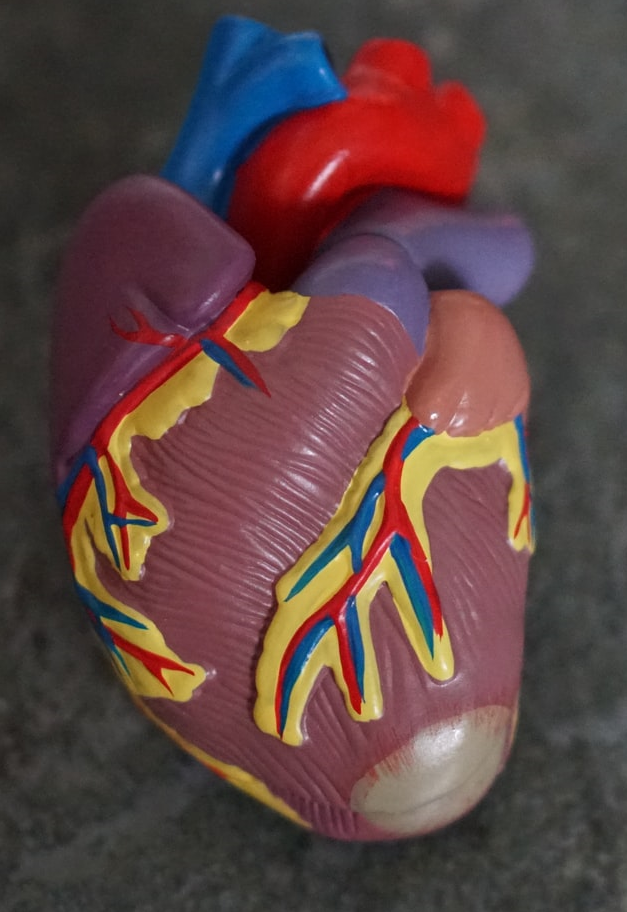Towards Artificial Intelligence to support Risk Stratification and Clinical Decision Making for Patients with Coronary Heart Disease
Coronary heart disease (CHD) is a cardiovascular disease (CVD) defined as narrowing or blockage of the coronary arteries caused by plaque formation in the arterial walls. CHD is the leading cause of death worldwide and accounts for an estimated cost of €210 billion in Europe annually.
Clinical decision making in treatment of patients with CHD is assisted by risk models. However, these risk models have some limitations. Calculation of these risk factors is a time-consuming, repetitive task. In addition, a limited set of variables are obtained from diagnostic imaging tools such as echocardiography and angiography, which contain a high density of information. Because of the low number of variables in these risk models, important prognostic variables could be lacking. Therefore, clinicians should interpret the output of these risk models with care. Improved identification of low-and high risk patients in an early stage can support clinical decision making, in which the right patient is treated at the right time. This improved patient care will result in reduced major adverse events (MACE), which is a composite of myocardial infarct, stroke, heart failure hospitalization, revascularization and death.
Artificial intelligence (AI) applications have been shown promising results in risk stratification of patients with CVD using. We propose that future AI-based algorithms leveraging large datasets, including imaging and clinical data, are able to improve risk stratification and clinical decision making of patients with CHD.


 Nederlands
Nederlands